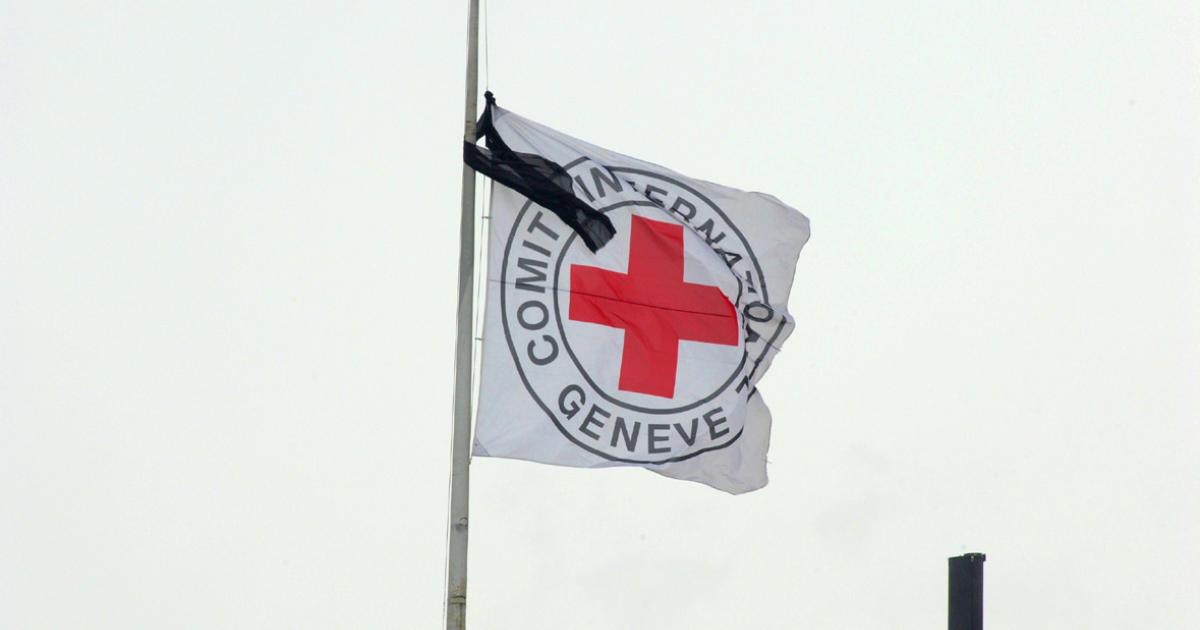Minister for the Environment and Water, the Hon. Tanya Plibersek, MP, has today placed the mattress industry on the Minister’s Priority List. The Minister’s Priority List identifies products and materials considered most in need of a product stewardship program to reduce their environmental impacts.
The Australian Bedding Stewardship Council (‘ABSC’) was established in 2020 in recognition of this need. ABSC’s members which include manufacturers, retailers and wholesalers and their supply chains, acknowledge the environmental and sustainability issues posed by end-of-life mattresses and are committed to a whole-of-industry approach to solve the problem. ABSC has been charged by its members with responsibility for establishing and administering a product stewardship scheme for bedding products, including mattresses. The ABSC acknowledges and thanks the Federal Government for their support by way of a grant from the National Product Stewardship Investment Fund to develop this scheme. Inclusion on the Priority List further validates the efforts of current members who have been working towards product stewardship for some time. It also provides encouragement for non-participants to join the ABSC and participate in the scheme.
The ABSC also recently received conditional authorisation from the ACCC to apply a fee to mattresses to fund the scheme’s objectives for the next 5 years.
Where facilities are available, ABSC members offer a service to consumers which sees end-of-life mattresses collected for recycling. ABSC is working towards expanding the recycling network as widely as possible to improve access to responsible mattress disposal. But ABSC acknowledges there is much more to do. ABSC chief executive officer, Vernon Fair, says the mattress industry’s inclusion on the Minister’s Priority List is the call to action for the sector to pull together as one.
“A piecemeal approach to this issue is not going to deliver the sort of sustainable change that Government and the community is expecting,” he says. “There are a variety of recycling schemes and programs in operation through individual sellers and manufacturers, but we believe a whole-of-industry approach, with everyone pulling in the same direction, a transparent sharing of innovative ideas and the pooling of resources to invest in research and development, is the best way to solve these issues. Industry can really have a significant impact and role in ensuring the products that we provide to our customers do not come at the cost of adverse environmental impacts and impost on local councils,” Mr. Fair says.
Approximately 1.8 million mattresses are discarded in Australia each year — placed end-to-end these mattresses would stretch from Hobart to Darwin. And an estimated 100,000 of these mattresses are illegally dumped, posing both an environmental and ratepayer burden. The ABSC estimates 41 per cent of old mattresses end up in landfill. And although a pleasing 59 per cent are collected for recycling, up to 64 per cent of the overall weight of those collected mattresses still goes to landfill because the recovered material is either impossible to recycle or of no value to recyclers.
According to Mr Fair, ABSC will focus on the recoverability and value of materials, with significant investment into research and development. ABSC is not just determined to make mattress recycling more accessible to consumers, it’s also committed to funding research and development to find new uses for recovered materials. Creating value for these materials will make mattress recycling more commercially viable and provide more incentive for new facilities, particularly in non-metropolitan areas, to enter the recycling industry.
Mr. Fair said “There are several industries including paint and batteries that come to mind who have led the way in stewardship with a focus on R&D. So, we know that with a whole of industry approach, we can have a significant impact.”
“Commercial innovations with economies of scale will help us make the biggest impact in fixing this problem,” Mr. Fair says. “Providing meaningful ongoing funding for this kind of research is going to require the support of the entire industry and their willingness to make more sustainable choices in product design and material selection. In the meantime, adding mattresses to the Minister’s Priority List is an important step and we welcome it.”
F





